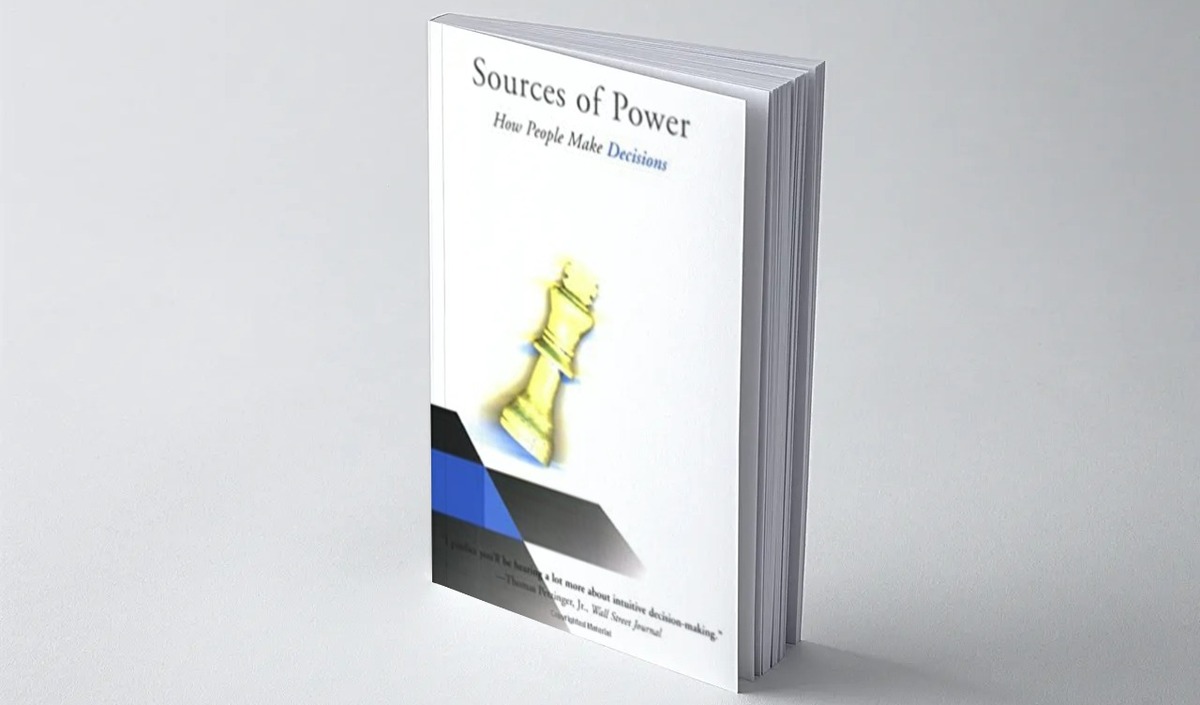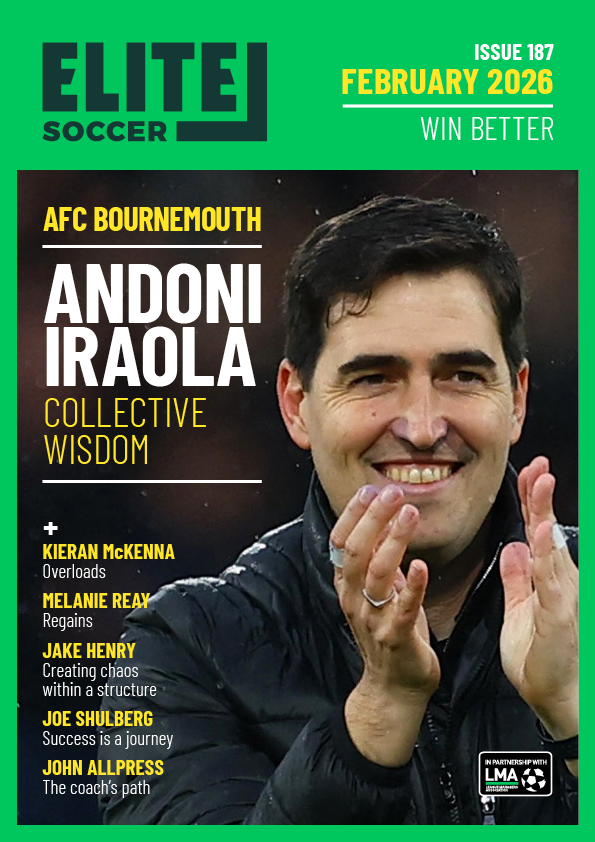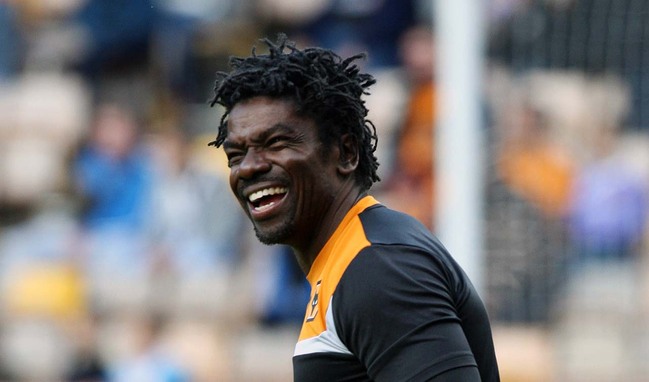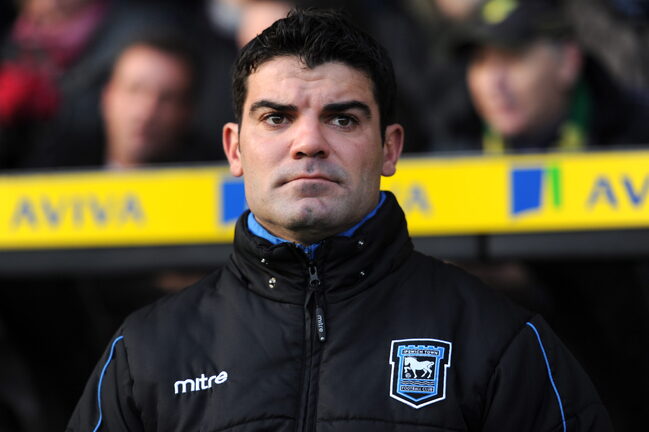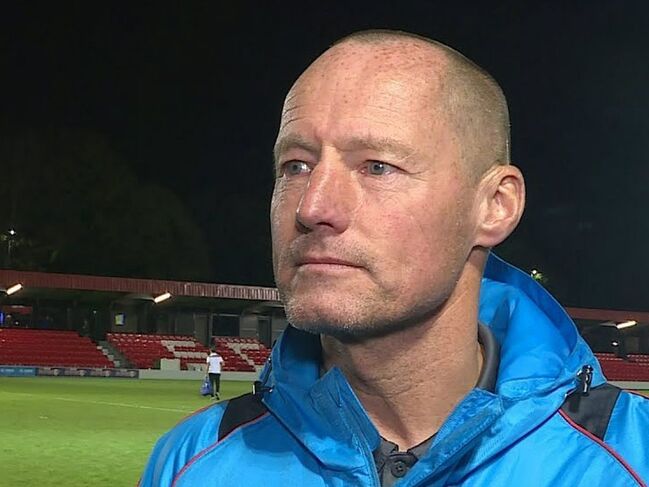NEXT ELITE SOCCER COACHING AWARD COHORT STARTS FEBRUARY 16 - ENROL NOW
Sources of Power
Experts can perceive things that are invisible to novices; find discriminations, patterns, alternate perspectives, missing events, the past and the future, and the process of managing decision-making activities. Skilled chess players show high-quality moves even under extreme time pressure, and high-quality moves as the first ones they consider. Training to high-level skills should emphasise perceptual skills, along with mastery of procedures.
Why our players make poor decisions under pressure is a constant source of frustration. How, after hours of training, video analysis and reinforcement, they decide to give away a crucial advantage leads us to wonder whether they have been listening OR worse still, whether we need to rethink our own coaching.
To find some answers, we can learn much by delving into worlds where people are making life and death decisions on a almost daily basis.
Gary Klein is a research psychologist, who started out as a professor working with the US Air Force, before setting up his own decision-making consultancy.
His deeply-researched book shows how, under pressure, the most successful people use a naturalistic decision-making process. The book sets out to change the way you see events around you, even for just a short time. You might then change the way you coach.
Klein lists nine sources of power, with the two main ones being intuition and mental simulation. Intuition he describes like you would want to describe your fly half: pattern recognition, having the big picture, good situational awareness. Mental simulation is seeing how events have moved from the past into the present (for instance, why we are losing the game) and how events can lead to the future (how we can win the game).
Crucially, Klein says that experience counts. The best decision makers are the most experienced. They draw on their experiences expertly. If we put this into the context of rugby, because it has so many variables, the best decision makers need to use their experiences to inform them of the best decision, even if they have not seen that situation before.
However, Klein also says that we cannot expect to grow instant experts by using powerful training methods. But he does show us ways we can build a person’s experience base. For instance he talks about recognition of typical courses of action (we could think: kick for touch in your 22m, kick for territory in your own half, kick for pressure in their half) or judging the urgency of the problem (when to kick for goal, kick for a lineout or run it when you are losing). The book is littered with compelling stories that illustrate his conclusions.
Times when against the analytical approach, a radar operator decided that the object coming towards his ship (HMS Gloucester) was a missile and not a returning jet fighter and decided to deploy weapons to intercept it. He has used his sources of power to override the normal decision making process.
That is not to say that good people don’t make poor decisions. A poor decision can be defined as when the person who made the decision would change it if the same situation arose. They make poor decisions for three reasons.
First, a lack of experience of that situation. You may remember Wales beat Scotland with the last play of their Six Nations game in 2010. Wales had just scored and Scotland were told “last play” as they trotted back to the halfway line. Andy Robinson, the Scotland coach, was shouting down from the stands to kick the ball dead. Of course his fly half could not hear him, Wales gathered the kick off and with two Scots in the sinbin put together enough phases for Shane Williams to fall over the line for a victory. The 10 will not make that mistake again.
A second reason for poor decisions is lack of information (perhaps not knowing the strengths of the opposition).
The third, poor mental simulation. The past facts are ignored or explained away. A team might continue to ask for 5m scrums on the opposition line in the hope that the referee will give a penalty try.
Too much science? You would not read this book cover to cover in one session, but dip into it over a period of time. Each chapter comes with a useful summary, which probably entices you to reread the piece again. As Klein points out, one of his intentions is to make you think again about how you might approach certain situations.
It has been criticized as drawing obvious conclusions. Yes, it is natural to think that the more experienced person will make better decisions. But, what the reader gains is an insight into the reasons why that experience counts. Expertise makes you see what is invisible to the novice. That expertise comes from experience, and this book helps to you consider how to develop that expertise.
There is little reference to sport in the book, though it does use some chess examples. It concentrates on the much weightier examples such as air traffic control or medical procedures. But the reflective coach will draw plenty of parallels with their own experiences of working with rugby players.
If you want to really develop your own philosophy and not just be a good drill master coach, then this book should be in easy reach on your shelves.
Sources of Power: How People Make Decisions. Cambridge, MA: MIT Press 1999 17.
Editor's Picks
Attacking transitions
Deep runs in the final third
Using the goalkeeper in build-up play
Intensive boxes drill with goals
Penetrating the final third
Creating and finishing
My philosophy
Pressing initiation
Compact team movement
Coaches' Testimonials

Alan Pardew

Arsène Wenger

Brendan Rodgers

Carlos Carvalhal

José Mourinho

Jürgen Klopp

Pep Guardiola

Roy Hodgson

Sir Alex Ferguson

Steven Gerrard
Coaches' Testimonials

Gerald Kearney, Downtown Las Vegas Soccer Club

Paul Butler, Florida, USA

Rick Shields, Springboro, USA

Tony Green, Pierrefonds Titans, Quebec, Canada
Join the world's leading coaches and managers and discover for yourself one of the best kept secrets in coaching. No other training tool on the planet is written or read by the calibre of names you’ll find in Elite Soccer.
In a recent survey 92% of subscribers said Elite Soccer makes them more confident, 89% said it makes them a more effective coach and 91% said it makes them more inspired.
Get Monthly Inspiration
All the latest techniques and approaches
Since 2010 Elite Soccer has given subscribers exclusive insight into the training ground practices of the world’s best coaches. Published in partnership with the League Managers Association we have unparalleled access to the leading lights in the English leagues, as well as a host of international managers.
Elite Soccer exclusively features sessions written by the coaches themselves. There are no observed sessions and no sessions “in the style of”, just first-hand advice delivered direct to you from the coach.
